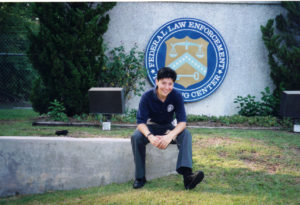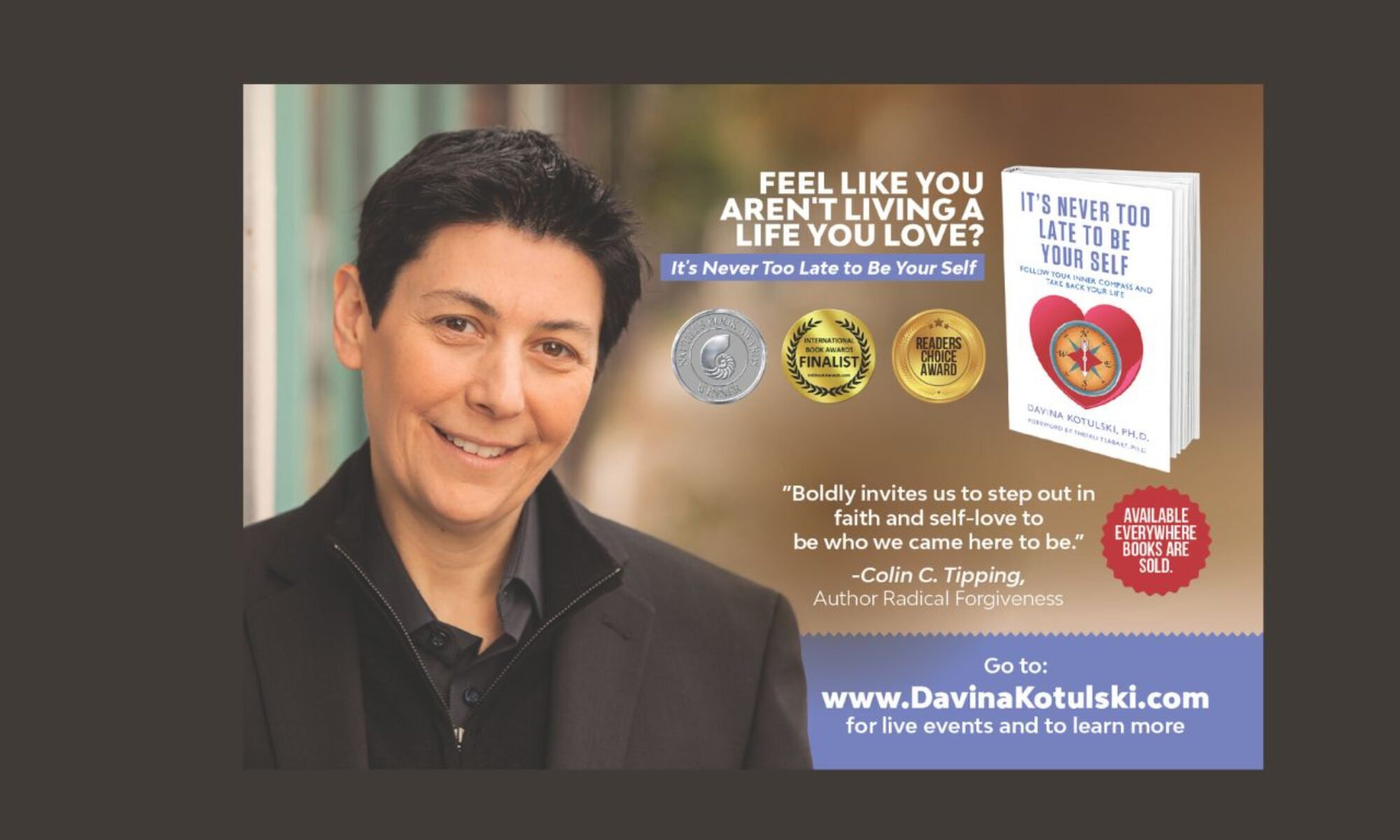Many people don’t know I spent 13 years working as a psychologist in a women’s prison.
During those years I worked tirelessly with women whose lives had been plagued with sexual abuse, domestic violence, substance abuse, and crime. More than 50% of the women had been sexually assaulted as children, beaten by parents and partners, they’d turned to drugs, alcohol and bad relationships due to their low self-esteem and for some PTSD. They also committed crimes; some of the crimes they committed were violent and tragic. Even “victimless crimes” left children and families devastated by the loss of a mother or daughter. Some of the women got caught up in a bad relationship and while they weren’t directly involved in the crime they received decades long sentences for conspiracy. One of my former clients is still serving a thirty-year sentence for conspiracy to distribute meth. She was never caught with any drugs.
Every day as a psychologist behind bars I listened to tragic stories of childhood abuse, drug use, beatings, death and loss. Everyday I heard woman talk about how much they missed their children and how they wanted better for them. Everyday I struggled with the complexities and limitation of the prison system in rehabilitating the lives of those who broke society’s rules. I know I wasn’t alone. My co-workers too, people who wanted to give people a second chance, while also protecting the public, struggled with the complexities of human nature and the peculiar world of prison.
I met so many women from all walks of life in prison. Each had a unique personal story, a struggle, and choice they made that broke the social contract and led to her doing time. There are so many stories to tell and so many challenges that I faced as a psychologist striving to see the best in my client and feel the unconditional positive regard that founder of Humanistic Psychology, Carl Rogers, claimed was essential for helping a client heal.

Being a prison shrink was also challenging because we were considered correctional staff first and I had to learn to balance the empathy of a psychologist with the boundaries required of a correctional officer. No easy feat.
There were times when I was even asked to pat search and handcuff my clients when it was my time to work a correctional post. This was a very weird experience. My clients, which I was really supposed to refer to as inmates, often remarked that I was the most considerate handcuffer. Weird, right? I was always polite with a “please cuff up,” and “thank you.” I know I drove a lot of lieutenants crazy.
Psychologists in prisons are often called “hug-a-thugs” and “inmate lovers.” While I didn’t care for that I understood. Staff members of all departments and years in the system got caught up with inmates and created dangerous circumstances for everyone. Some staff compromised themselves and the prison by bringing in drugs, weapons, cell-phones, etc. and some staff got caught up in sexual relationships with inmates.
In some cases staff were just as predatory as the inmates they guarded, for others their kindness/lack of boundaries was used against them. Either way, staff had a challenge to walk a line that is deeply challenging as evidenced by Stanley Milgram’s –Stanford Prison Study. A person working in the penal system must guard against losing their compassion and having it turned against them.
This is the subject of my first novel, Behind Barbed Eyes. Behind Barbed Eyes will be released next month.
Behind Barbed Eyes tells the interweaving stories of Dr. Victoria Thomas, an idealistic psychologist who believes everyone deserves a second chance and Bonnie Maldonado a convicted criminal who is incarcerated a third time for driving the getaway car in a bank robbery.
The book addresses the psychology of healing, forgiveness, compassion, self-love, healing from abuse, restorative justice, rehabilitation, spirituality and cultural and class issues. Issues, as you know, I’m committed to.
This is my third book to be published and my first novel. I don’t know if I’ll ever get used to the excitement of releasing a book and the nervousness of presenting a creative work that has marinated in my mind for many years.
Whether you read fiction or not, I hope you’ll consider reading Behind Barbed Eyes. I’ll let you know when the book comes out and I hope you’ll share in the excitement with me. I’ll keep you posted about readings and book events.
Thank you for being a part of the Courageous Heart tribe! Like Love Warriors Ghandi, Nelson Mandela, Dr. Martin Luther King, Mother Theresa, Cesar Chavez, Thich Nhat Hahn let’s change the world with love.
